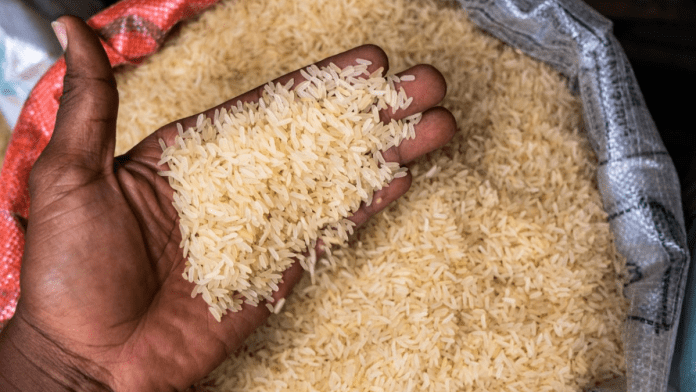News in Brief:
– Nigeria has received the first shipment of brown rice in 10 years, a crucial step in combating the ongoing food crisis.
– This is part of the government’s to address soaring food prices caused by recent economic reforms.
Nigeria significantly boosted its food supply by importing 32,000 tons of brown rice, its first such shipment in a decade, according to a news report. This development comes as the nation grapples with a severe food crisis characterised by soaring prices and widespread food insecurity.
Duty-free imports to combat inflation
The rice shipment arrived in Lagos from Thailand. Its arrival follows the government’s decision to temporarily lift import duties on key food items, including rice, wheat, and corn, to combat the escalating food inflation rates.
Adrian Beciri, CEO of DUCAT, the logistics company that facilitated the shipment, Nigeria has been actively seeking solutions to improve accessibility and strengthen its food supply.
The government has implemented a series of measures to address the food crisis, including:
- A 150-day window for duty-free imports, which allows for the importation of essential food items without tariffs.
- Recommended retail prices, that will see the government set recommended retail prices for imported goods to ensure affordability.
Effectively, the government had defended the import measures against critics who opposed the same in favour of growing the local economy.
In a statement by the official government spokesperson, Bayo Onanuga, the president reiterated his plan to swiftly and diligently actualise these crucial policies to ensure food security for everyone in the country in the immediate term. It assured citizens that it will continue other strategies for long-term interventions to address the underlying causes and ensure sustainable and resilient food systems in the country.
However, these measures have yet to be properly actualised since they were announced, leading many to question the administration’s ability to improve the country’s food security situation.
Read: Did Nigeria’s 180-day plan to tackle food inflation fail?
Economic reforms and their impact
Nigeria is facing the economic consequences of recent reforms initiated by President Bola Tinubu. These measures include the devaluation of the naira, the removal of fuel subsidies, and an increase in electricity tariffs.
Subsequently, these reforms have significantly impacted prices, with food inflation reaching a staggering 41% in May 2023.
The surge in prices and the significant devaluation of the naira have prompted the central bank to raise interest rates to a record high. In response to the escalating price crisis, the government has announced plans to introduce an Inflation Reduction and Price Stability Order to curb price growth.



